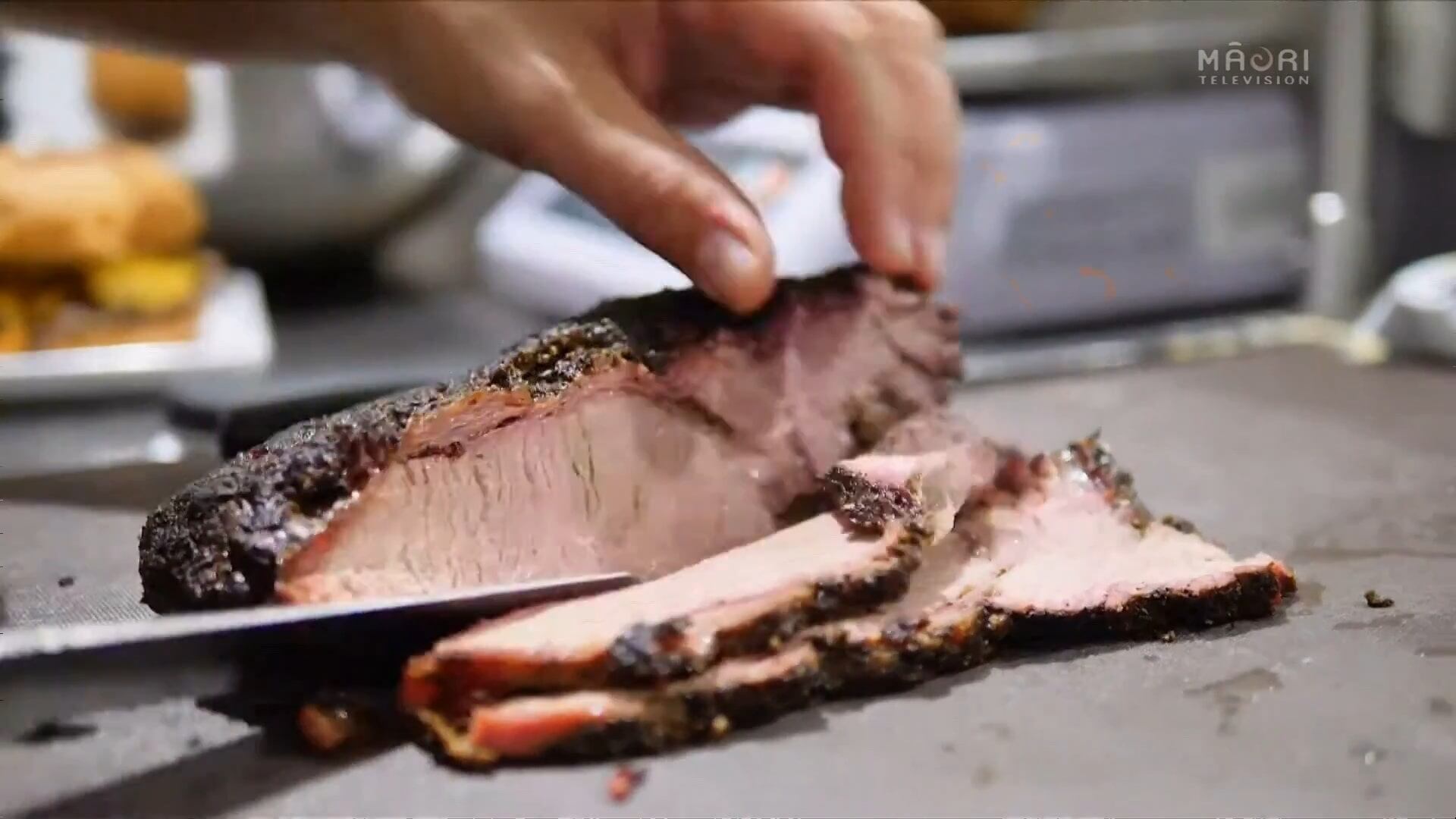Essential workers - Photo / File
Chartered accountant and business owner Renata Kahuroa has become a business advisor to his clients. He services over 150 businesses and self-employed people, most of whom are Māori.
The Ngāti Kahungunu entrepreneur turned from bean-counter to counsellor.
“There’s a lot of uncertainty so it’s about helping them to be positive to start with,” Kahuroa says.
“Then you try and arm them with the tools to understand what their business is going to look like in the next six months.”
Ultimately, he says businesses that play together stay together because the last businesses standing will survive Covid.
Taxing the wage subsidy

Smoked Brisket - Photo / File
Kahuroa says survival is at the forefront of his clients' minds with many of them ineligible for the new wage subsidy extension. But what really confuses him is the government taxing its own subsidies.
“They still tax employees on their subsidy wage payments, I don’t know why they still do that."
The chartered accountant says the government should reduce the wage subsidy criteria as this would make it easier for struggling businesses to qualify. He believes business writeoffs would help as well.
Eating out once a week
Jared 'Texas Pete' MacDonald is calling on Kiwis to support local 'hospo' operators - Video / File
'Bums on stools’ continue to be the number one thing his hospitality clients need, says Kahuroa.
Recently, Hamilton restaurant owner Jared ‘Texas Pete’ MacDonald called on Kiwis to support local 'hospo' operators.
He wants people to commit to eating one meal a week at a locally owned restaurant, café or bar.
Texas Pete says franchised outlets seem to be doing fine, while local vendors like himself were struggling the most.
Local Government response

Foreground - Pūhā and Pākehā food truck at the 2020 Taupō Moana Festival - Photo / Pūhā and Pākehā Facebook Page.
Recently, the government announced a funding tranche of $40 million to help struggling businesses. However, instead of being used to prop up cashflow, this funding pays for business advisors.
Jarrad McKay works with ATEED (Auckland Tourism, Events & Economic Development) in the Māori development space. Up until the alert level four lockdown, he operated a catering business aptly named 'Puha & Pakeha'. Covid restrictions meant he had the next year of events and catering jobs cancelled.
Having been in business for himself, he is now tasked with helping Māori business owners get through Covid.
One way he does that is by connecting Māori to these funded advisers.
Funding businesses vs funding business support

A Pasifika family try and sell surplus goods due to the Polyfest cancellation - Photo / File
Covid restrictions mean it is hard for businesses to trade with operators of all sizes continuing to cut staff numbers.
So the question arises, what's the point in funding business advisors?
"Some people say we should just give the money to businesses," says McKay. "If you just give it to someone, it just disappears, it's gone."
McKay likens throwing money at struggling businesses to using bandaids to treat 'giant gaping wounds'.
Rallying businesses to battle Covid-19
The Ngāti Kahungunu and Tainui businessman says Covid cancellations have turned ATEED's plans upside down.
But ultimately McKay agrees with Kahuroa that businesses that play together are more likely to survive Covid.
He says ATEED is working on a plan to bring Māori businesses together.
